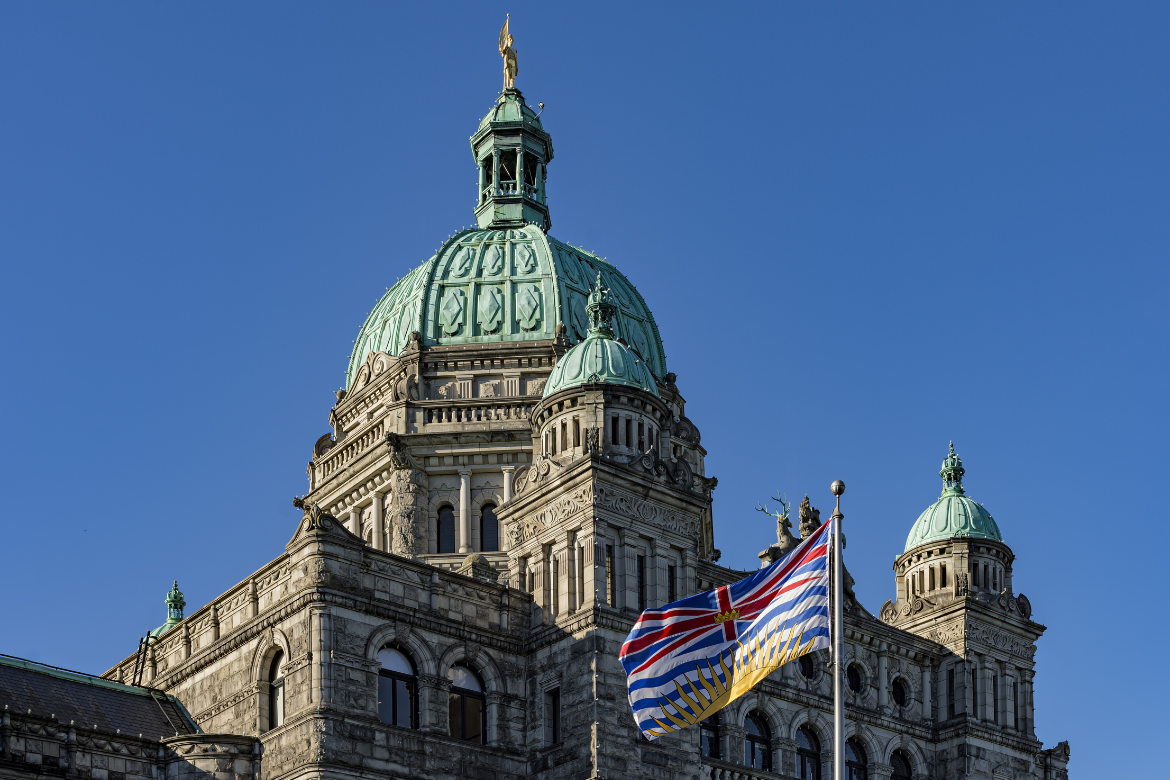492

The British Columbia Parliament Building and B.C. flag in Victoria. Photo: SM Jones/Getty Images Pro/Canva

British Columbia has introduced new anti-racism legislation designed to reduce barriers faced by Indigenous and racialized individuals when accessing provincial services and…
To continue reading this article, you need to join HR News Canada's FREE community.
Sign up for free now at https://hrnewscanada.com/register/hr-news-canada-free-membership/
HR News Canada posts are written by the team at North Wall Media, publishers of this media brand.

HR News Canada is an independent source of workplace news for human resources professionals, managers, and business leaders. Published by North Wall Media.
©2026 All Right Reserved. Designed and Developed by North Wall Media